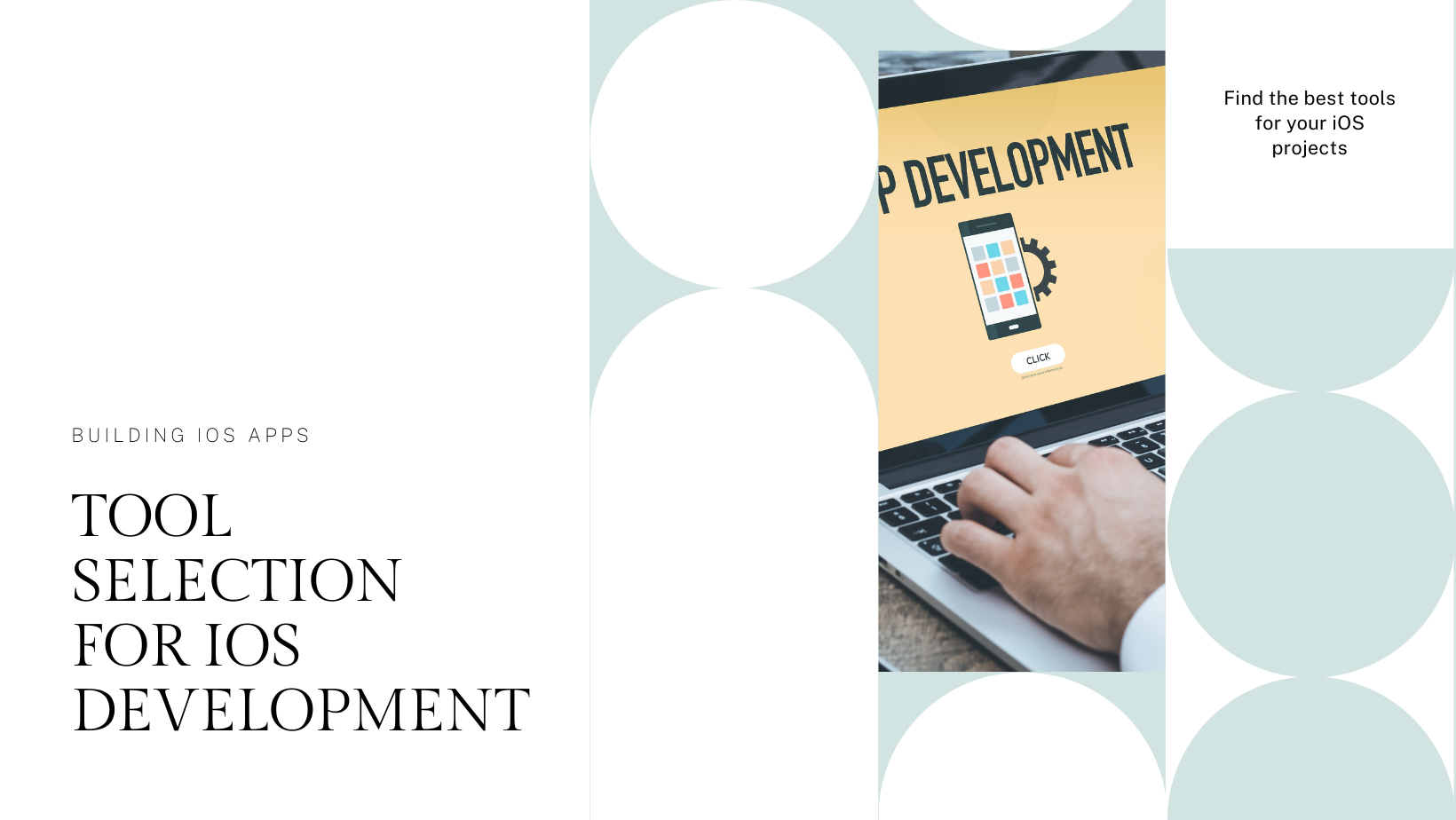The concept of the Metaverse, a virtual shared space blending augmented and virtual realities, is no longer confined to science fiction. It’s rapidly becoming a tangible reality with profound implications for businesses across various sectors. As technology evolves, so too does the potential of the Metaverse to revolutionize how companies operate, engage with customers, and collaborate internally. This blog explores the future landscape of the Metaverse in business, highlighting its transformative impact and the strategic opportunities it presents.
Understanding the Metaverse: A Brief Overview
The Metaverse represents a convergence of virtual and physical realities, creating a persistent digital universe where users can interact with each other and digital objects in real-time. It goes beyond traditional online experiences by providing immersive environments that users can access via virtual reality (VR) headsets, augmented reality (AR) devices, and other digital platforms. Key components include virtual worlds, avatars, social interaction, and virtual economies, all interconnected to simulate a parallel digital universe.
Transforming Industries: Metaverse Applications
- Retail and E-Commerce: In the Metaverse, retail experiences transcend physical store boundaries. Companies can create virtual storefronts where customers explore products in immersive 3D environments before making purchases. Virtual try-ons for fashion items, interactive product demonstrations, and personalized shopping experiences enhance customer engagement and drive sales.
- Real Estate and Construction: Virtual real estate tours allow prospective buyers and renters to explore properties remotely. Architects and construction firms use the Metaverse for virtual prototyping, collaborative design reviews, and simulations of construction projects. This reduces costs, accelerates project timelines, and enhances client communication.
- Education and Training: Educational institutions leverage the Metaverse for virtual classrooms, interactive lectures, and immersive learning experiences. Students can engage in virtual field trips, conduct scientific experiments, and collaborate on projects in virtual environments. Corporate training programs use simulations for hands-on learning in safe, controlled settings.
- Healthcare and Telemedicine: Telemedicine platforms in the Metaverse enable virtual consultations, medical training simulations, and remote surgeries using VR technology. Healthcare providers deliver personalized care experiences, facilitate patient education through interactive models, and improve accessibility to healthcare services globally.
- Entertainment and Media: The entertainment industry thrives in the Metaverse with virtual concerts, interactive gaming experiences, and live-streamed events. Media companies create immersive storytelling experiences, where audiences participate in narratives and influence plot developments in real-time.
Strategic Opportunities for Businesses
- Enhanced Customer Engagement: Businesses can build deeper connections with customers through immersive brand experiences and personalized interactions in the Metaverse. Virtual events, product launches, and customer support services redefine engagement, fostering loyalty and advocacy.
- Global Collaboration: Distributed teams collaborate seamlessly across geographical boundaries in virtual offices and meeting spaces. The Metaverse enhances communication, creativity, and productivity by facilitating real-time interactions and collaborative workflows.
- Innovation and R&D: Companies innovate faster by prototyping and testing new products and services in virtual environments. The Metaverse accelerates research and development cycles, minimizes risks, and allows for iterative improvements based on real-time user feedback.
- New Revenue Streams: Virtual goods and services within the Metaverse create new revenue streams for businesses. From digital assets and virtual real estate to branded experiences and in-game purchases, monetization opportunities abound in the digital economy.
Challenges and Considerations
- Technical Infrastructure: Building and maintaining a robust Metaverse infrastructure requires significant investments in high-speed connectivity, cloud computing, and VR/AR technologies. Scalability, interoperability, and data security are critical considerations for seamless user experiences.
- User Adoption and Accessibility: Ensuring widespread adoption of Metaverse platforms necessitates user-friendly interfaces, cross-platform compatibility, and digital literacy initiatives. Accessibility for users with disabilities and equitable access to technology are essential for inclusive participation.
- Regulatory and Ethical Concerns: Privacy, data protection, intellectual property rights, and ethical considerations surrounding virtual identities and digital interactions in the Metaverse require clear regulatory frameworks and industry standards.
The Future Outlook
The Metaverse represents a paradigm shift in how businesses engage with stakeholders, innovate, and create value in the digital age. As technology advances and consumer expectations evolve, the Metaverse will continue to shape industries, drive economic growth, and redefine business strategies worldwide.
Conclusion
In conclusion, the future of the Metaverse in business is brimming with possibilities for innovation, growth, and transformation. Embracing this digital frontier enables businesses to unlock new opportunities, enhance operational efficiencies, and deliver immersive experiences that resonate with customers and employees alike.
For more insights into emerging technologies and their impact on business strategy, follow Sodio Technologies’ blog. Stay informed and prepared to navigate the evolving landscape of the Metaverse and beyond.






